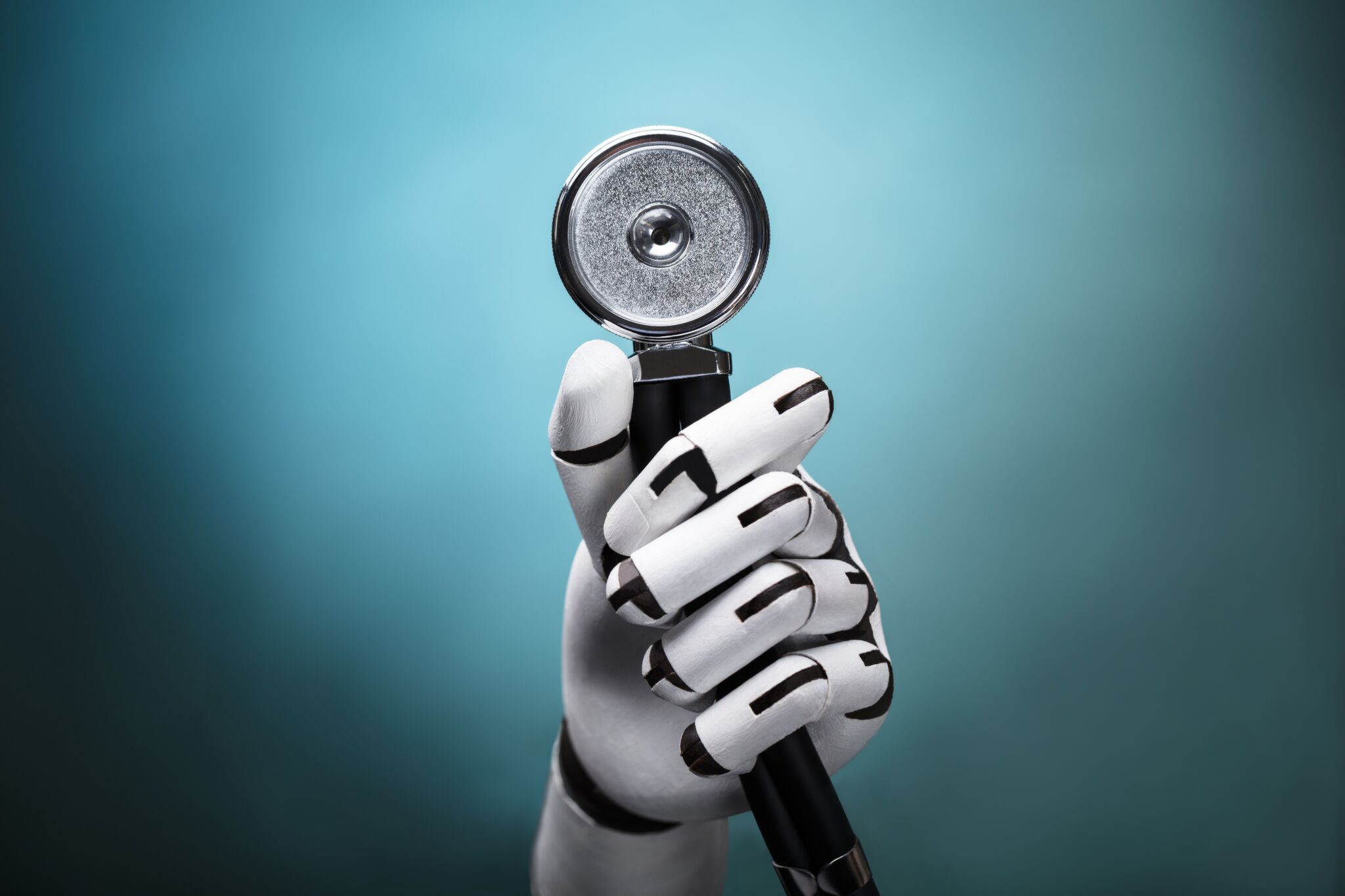
“Developments in AI will drastically improve health services, diagnostics and personalized medicine.”
So write three tech researchers in a policy brief for the India-based Observer Research Foundation. But while these and other advances are on the list for AI expectations around the globe, the brief takes a look specifically at a part of the globe where the benefits could be huge: Africa.
As they note, across the African continent, “(v)arious initiatives are already employing basic technology applications to provide essential healthcare services, for example, to expectant and nursing mothers. These are particularly relevant in the context of African healthcare, where the technology currently being used can easily incorporate AI-based solutions. For example, Safermom is a Nigerian start-up that empowers pregnant women and new mothers to make informed decisions by using low-cost mobile technologies (two-way SMS, voice calling, and mobile apps) to transmit vital health information.”
In addition to directly impacting patient care, the writers note the effect AI can have on things such as supply-chain efficiencies, administrative tasks and an array of critical regulatory compliance measures. Again, when considered particularly in the context of Africa’s myriad challenges, AI “can also generate new capabilities for safeguarding against public-health epidemics that plague the most vulnerable populations, e.g. the containment of dengue fever or the prediction of birth asphyxia using a mobile phone. Moreover, real-time access to maternal newborn healthcare data can be used to swiftly identify and respond to childhood diseases, malnutrition or related challenges.”
Still, as it is everywhere, the introduction and application of AI comes with pitfalls, the lack of consistent and accurate datasets for algorithm “training” and the uneven management of sensitive health data perhaps first and foremost among them.
Concerning the risks surrounding sensitive health data, they point out, “To be sure, the most significant ethical violations are not rooted in malicious intent, but in a lack of awareness of appropriate AI practices and safeguards. Stakeholders, including government and international organizations, are attempting to incorporate and implement safeguarding measures, with ethics as a central tenet of the AI framework.”
Much of the brief involves AI pros and cons that will be familiar to stakeholders anywhere, but the writers are careful to highlight key elements that, in their view, need to be included in all efforts to implement AI across African.
“For AI to work in the African healthcare sector,” they say for example, “native researchers must be involved in the development of new technology, with African datasets informing such development. Any import of foreign AI technology must be done with awareness of its development process and limitations. Policymakers should have transparency into the algorithms and some understanding of the data supporting them. African datasets should be made available to researchers and companies working with imported AI tech, to ensure locally applicable outcomes.”
In short, since AI can only deliver sound results if it has been “trained” on good, clean data, “human engagement is necessary to ensure that the learning is unbiased and holistic. For policymakers, this means striking a balance between data access and personal privacy, and ensuring that African data is incorporated in AI development.”


